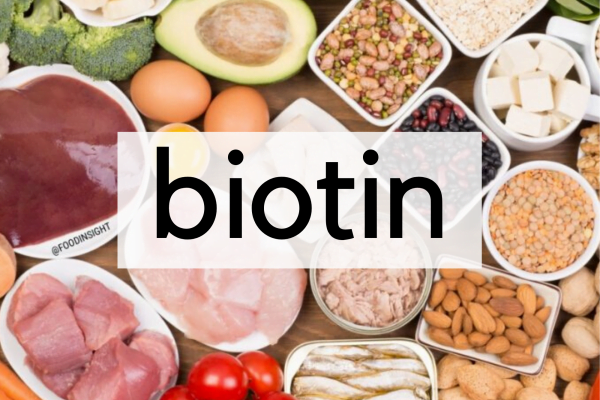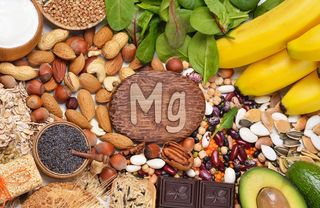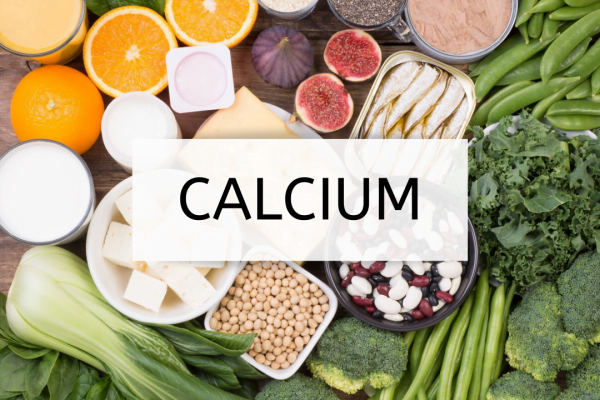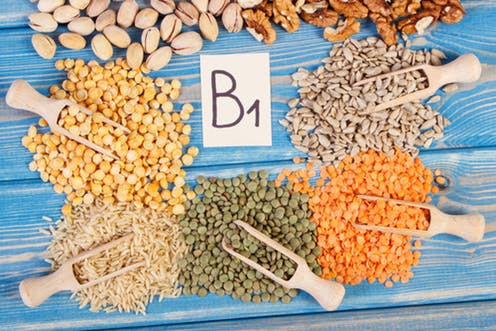
I’m sure we’ve all heard the ancient ‘cure-all’ remedy for colds – get more Vitamin C! But Vitamin C (aka ascorbic acid) really has SO much more potential. Like the pretty girl in high school with straight A’s who’s only known for her good looks. Hellooo, she has a brain too! Vitamin C just doesn’t get the credit it deserves. With this post, I’m hoping to change that!
So, what else can Vitamin C do?
It’s a powerful antioxidant
This is what gives Vitamin C its reputation for helping the common cold. An antioxidant is a compound that prevents oxidation in the body which would lead to free radical formation. Free radicals are the ‘bad guys.’ Too many of these and you significantly increase your risk for cancer and other chronic illnesses and diseases.
We come into contact with free radicals every day, so how exactly do antioxidants neutralize these bad guys? First, it’s important to know that free radicals are unstable. *Warning* I’m diving into some quick chemistry here! These molecules are unstable because they’re missing an electron. This means they’re extremely reactive and don’t really act normally. Think, bad break up when you feel like part of you is missing and you just can’t function like a normal human being. Now imagine your best friend giving you a great big hug, full of love and support, and suddenly you start to feel better! That’s what antioxidants do. They give an extra electron to the unstable free radical, and voila! Crisis is neutralized and everything is back to normal.
Such generous little beings, aren’t they?
It’s great for your skin
Collagen and Vitamin E. Two key components in any skin care routine. They help fight aging and keep skin looking young and hydrated. These two compounds both rely on Vitamin C.
Vitamin E is also a powerful antioxidant. I won’t get too in depth about the science behind it, but Vitamin C helps regenerate Vitamin E after it neutralizes its own free radicals. Pretty cool!
In terms of collagen, Vitamin C literally helps create the collagen compound. It’s that important. It helps convert the amino acids proline and lysine into hydroxyproline and hydroxylysine, which are necessary parts of the collagen structure. Also, pretty cool!
It reduces your risk of heart disease
Cardiovascular disease is the number two killer in Canada (following cancer). Vitamin C actually strengthens our capillaries, which helps improve circulation and promotes a strong and healthy cardiovascular system.
It also prevents and treats atherosclerosis (plaque buildup in the arteries) by reducing platelet aggregation. Atherosclerosis is one of the leading causes of heart attack and stroke because it causes our arteries to narrow, which impedes blood flow. In other words, it’s no bueno. Luckily for us, Vitamin C exists to reduce our risk of this ever happening!
It strengthens our immune system
Another reason Vitamin C is touted as the common cold cure (yes for alliteration, am I right?) is because it has been shown in multiple studies to activate parts of our immune system. We have many different kinds of immune cells (white blood cells) that help us fight off pathogens. But Vitamin C has been shown to activate our neutrophils and lymphocytes.
Neutrophils help heal damaged tissues and resolve infections. There are two types of lymphocytes – B-type and T-type. B-type cells make circulating antibodies while T-type (T-cells) either kill foreign cells or release chemicals that help kill these invaders.
Other benefits of ascorbic acid
Vitamin C also helps absorb iron, especially plant-sourced (nonheme iron). It helps with the production of thyroid hormone, thyroxine (T4). It has a role in cholesterol metabolism. It helps convert tryptophan into serotonin (the feel-good neurotransmitter), turns folic acid into its active form, and converts tyrosine into dopamine and epinephrine. It can also raise red blood cell levels of glutathione – an amino acid that helps with liver detoxification.
If all of that isn’t reason enough to get your daily Vitamin C, I don’t know what is.
Where can I get some?
The good news – Vitamin C is easy to find. The bad news – our bodies use it up within 2 hours and it’s out of our blood system within 4 hours, so you can’t just ingest it once a day.
If you’re a veggie person, enjoy high levels of Vitamin C in bell peppers, broccoli, brussels sprouts, tomatoes, asparagus, parsley, dark leafy greens and cabbage.
If you’re more of a fruit person, eat some citrus, acerola cherries, papaya, cantaloupe or strawberries throughout the day.
Although it’s good for so many things, Vitamin C has a very weak structure and is easy damaged in the cooking process. Because it’s found in higher concentrations in the watery parts of the produce, it’s easily leached out when food is boiled.
For healthy adults who don’t smoke, about 250-500mg is recommended as a daily target. Again, remember to spread this out throughout the day. Try to get Vitamin C in every 4 hours, if possible. Vitamin C isn’t absorbed as well in smokers or people with fever, viral infections, those taking antibiotics, cortisone, aspirin, or those exposed to environmental toxins (such as DDT, petroleum products, or carbon monoxide) or heavy metals. Therefore, these individuals may need a higher dose per day. The recommended dose to fight acute infection or viral illness is 500-1000mg/day.
I know I threw a lot of info at you in this post, but I had to let you all know that Vitamin C can do SO much more than just cure a cold. It truly is an essential part of our diet. And the best part is, if you overdose on it, you’ll just have to poop a lot. No real risk there! So, go eat an orange and get you some Vitamin C!
If you liked this post, don’t forget to subscribe to my newsletter and be sure to share it to all your friends!




